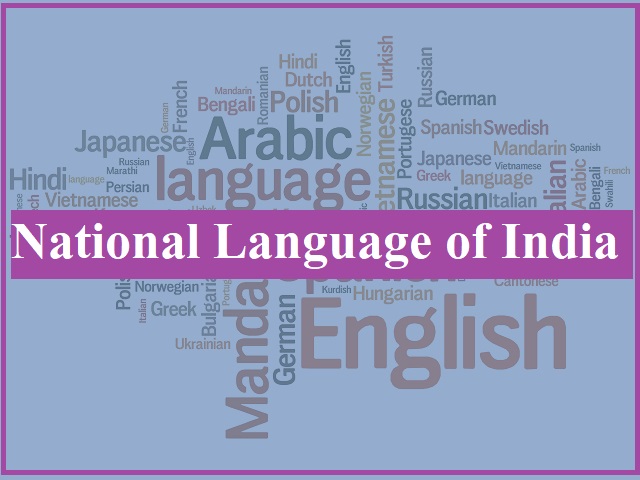English Language
Introduction
Today’s youth prefer communicating and conversing in English more than any other language.
You may have a wealth of knowledge and many degrees, yet a stutter mars your English speaking. So will it not affect your personality?
Have you ever felt inadequate or inferior in a gathering, seminar, or meeting where most people can communicate in English, but you are not?

Even with all the other advantages, if you are not proficient enough in English, it can limit your options, regardless of how much or how little.
To handle today’s current reality effectively, it is essential to have some knowledge and understanding of the English language, if not complete mastery.
This brings us to whether we can encourage using English as a native/national language, particularly considering its convenience and increasing demand.
English Language & India
Colonialism gave birth to the English language in India.

The East India Company introduced the English language to India. It arrived in India in 1600 and set up trading ports in cities such as Surat and Mumbai on the coasts.
Exploration of the English language in India

Let us take a closer look today and explore how the English language came to be in India.
Do Indians bear the responsibility for the increase in the usage of the English language in India?

If you ever look into the history of India, Raja Rammohan Roy, ‘the social reformer of Bengal,’ had a very important role.
Until the end of the 17th century, Sanskrit, Arabic, and Persian made up the foundation of the Indian language and were incorporated into oriental learning.
Rammohan Roy slammed the Indian method of oriental education, saying it’s outdated and has no practical use or scientific backing.
Roy didn’t support the complicated Sanskrit grammar. The student dedicated their best years to learning Sanskrit, but there’s little job potential. Roy stressed the significance of the English language and literature to stay up to date with the modern world’s advancements, terming the western style of education as a sign of growth.

Roy’s and his contemporary’s view boosted the colonial government of the British raj to go ahead with English education. So Ram Mohan Roy took the English language and mastered its nuances and complexity.

The elite Bengali families of Neelmani Dutt, Michel Madhusudhan, Henry Derozio, Govind Charan Dutt, and Toru Dutt all played a crucial role in spreading the English language to Indian families, thanks to their privileged backgrounds. The lower strata mass was miles away from English language education and literacy. They were still bound to the traditions of orthodoxy, their rigid rituals performed without question.
It would be wrong of me to suggest that Rammohan Roy and his contemporaries did not have the best interests of their country at heart, even though they supported the English language or European Literature. They had a strong sense of patriotism. But their thoughts were modern, which was in the country’s interest.

How English people brought the English language into India
English people were a powerful force in the early stages of its presence in India. The English language held authority in the 1830s. When Indian society was divided and lacked a sense of solidarity, the colonial authority introduced the English language. The blind rituals then poisoned the average the average Indian mind..
By the 19th century, the East India Company had virtually removed most of the famous Indian rulers from power and implemented a new British education policy that emphasized science teaching and instilled English into the minds of the native population.
In 1835, Macaulay’s meeting minutes led to the official introduction of the English language in India. Teaching English to Indian people became common in many parts of the country. Since then, the English language has never looked back at India.
English Language & Post-independence period
After independence, institutes, coaching, and spoken English classes rapidly spread to the most populous cities and smaller towns. To write and speak English with grace and greatness becomes a mark of distinction.
I have an opinion. India is a country of many languages, each distinct in its own right. Would it not be a national benefit to promote English as our native/national language?

India is not comparable to China and Japan. Both these Asian countries are self-reliant in almost all vital sectors. Their ambition can go like a dream. So they are confident to go ahead with their prosperity traveling in the vehicle of their native language. This doesn’t hold true for India.
Love for Mother tongue
I am not saying we should be prejudiced toward our mother tongue. A few days ago, a home tutor told me he is tutoring a pupil of sixth standard studying in a renowned missionary school. He asked his student to get the book labeled “Unosattor” (sixty-nine in Bengali). The student asked him to tell it in English as he does not distinguish the figure “Unosattar” in Bengali. Well, it should not be.














































